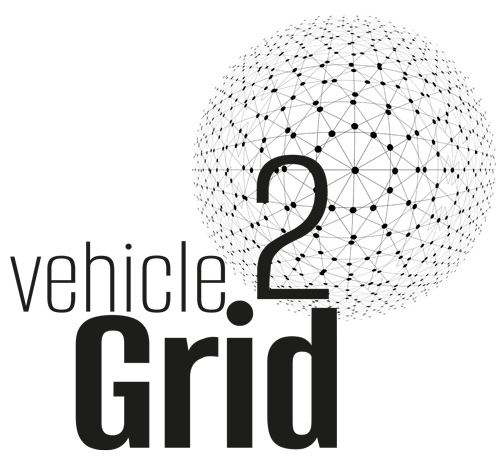The shipping sector is a major source of greenhouse gas emissions worldwide. To reduce emissions and thus meet climate protection targets, new types of propulsion systems are developed in the maritime sector. Hybrid electric powertrains are a promising solution for powering large ships, while reducing the emissions drastically. In the following study, a novel hybrid propulsion system consisting of a high-voltage lithium-ion battery and a high-temperature solid oxide fuel cell is investigated for a cruise ship application.
In order to develop controls for the ship’s hybrid propulsion system, accurate simulation models of the drive components are required. The electrical and thermal behaviour of the hybrid system is simulated in MATLAB-Simulink. Additionally, a control strategy employing machine learning, which distributes the load between the propulsion components, is implemented as energy management of the hybrid propulsion system.
Due to its slow responsiveness towards transient load changes, the solid oxide fuel cell can only provides the base load of the electrical power demand, while the lithium-ion battery is used for transient electrical load changes. Furthermore, the waste heat from the high-temperature fuel cell can be used to supply part of the vessel’s heating requirements. To model this behavior, a thermal circuit of the cruise ship is simulated in addition to the electrical circuit. The control strategy is to be developed for a test bench operation. With the help of actual measurements, the validation and the accuracy of the component models is also described within the scope of this work. The goal of this study is to develop an efficent hybrid propulsion system and thus achieve a significant reduction in pollutants in the maritime sector for reaching climate protection goals.

